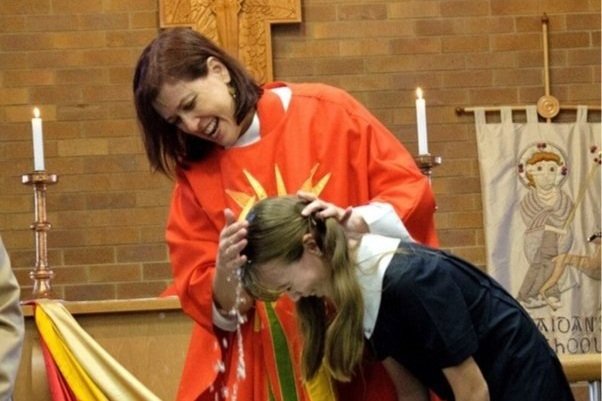Master of Divinity
The Master of Divinity is a primary theological degree for students with a degree in another area. The Master of Divinity enables students to apply an advanced body of knowledge in divinity and its associated disciplines in ministry contexts. Students broaden their knowledge and skills to prepare them for professional practice and further learning.
On site at St Francis College Milton and/or by Zoom
Study Mode
Full-time 3 years / Part-time up to 9 years
Duration
Course Highlights
You'll be introduced to four main sub-disciplines of theology: Biblical studies, church history, systematic and practical theology subjects. You'll also have the opportunity to choose elective subjects within these disciplines to tailor your studies to meet your interests.
Career Opportunities
The skills and attributes you gain in the Master of Divinity are valued in a broad range of careers.
Graduates who have completed a Minor Thesis at a specified standard may be eligible for admission to a higher degree by research.



ADMISSION CRITERIA
Successful completion of an undergraduate degree.
Satisfactory completion of 18 units (or 432 points) comprised of:
a) not less than 48 points in at least one biblical or associated language
b) not less than 120 points and not more than 144 points of Postgraduate Foundational units, including:
48 points in Field B (Biblical Studies)
48 points in Field C (Church History and Systematic Theology)
24 points in Field D (Mission and Ministry)
c) not less than 192 points and not more than 240 points of Postgraduate Elective units, including:
24 points in Field B (Biblical Studies)
24 points in Field C (Church History and Systematic Theology)
24 points in Field D (Mission and Ministry)
d) either a Capstone unit worth at least 24 points or RQ9748M Minor Thesis.
Graduation
Graduates of the Master of Divinity:
have advanced knowledge of sources, terms and concepts required in divinity and its related disciplines
have mastery of research principles and methods, including analytical and communication skills applicable to divinity and its related disciplines
have advanced skills of interpretation and critical reflection on a range of theological and related disciplines, with awareness of their implications and applications to historical and contemporary issues and contexts, in order to generate and evaluate ideas for professional practice and further learning
articulate and communicate knowledge and insights in divinity and its related disciplines to specialist and non-specialist audiences
apply relevant theological and hermeneutical skills through the execution of a substantial research-based project, theological synthesis, or supervised ministry project.
LEARNING OUTCOMES
Subjects
For a comprehensive list of subjects related to this course, please click here to visit our main subject information page. All students regardless of their course of study, are strongly encouraged to contact the Registrar, Linda Burridge, to discuss their course of study prior to making any subject selections.
The Master of Divinity requires the completion of 18 standard postgraduate units. Fees for 2025 are $3,268 per standard unit or $19,608 for a full-time year (6 units).
Fees are subject to change from year to year. For more information about fees, please visit the Fees page.

